Rose Oil - 20ml [گلاب]
- Regular price
- Rs. 4,500
- Regular price
-
Rs. 5,000 - Sale price
- Rs. 4,500
- Unit price
- per
Pay in 3 Installments of
Rs.
1,725
Prime Fast Delivery
|
Vendor:
ChiltanPure
10 customers are viewing this product
Couldn't load pickup availability
Chiltan Pure Rose Oil In Pakistan
The highly coveted essential oil known as rose oil, often referred to as rose otto or attar of roses, has been used for ages for its myriad health and aesthetic benefits. Steam distillation is used to remove it from the petals of Rosa damascena, or Rosa centifolia rose cultivars. The vast number of rose petals needed to make a small volume of oil is extremely concentrated and costly. Rose oil is frequently found in fragrances, cosmetics, and aromatherapy items. It has a pleasant, floral scent.
Many therapeutic advantages of rose oil include its ability to enhance mood, encourage relaxation, and lessen stress and anxiety. It is a well-liked ingredient in skin care products for treating acne, eczema, and other skin disorders since it is thought to have anti-inflammatory and antibacterial effects. Moreover, rose oil is utilized frequently in anti-aging skincare items because of its capacity to hydrate and nourish the skin while enhancing skin texture and appearance. Rose oil is frequently used in aromatherapy to support emotional well-being since it is thought to have a relaxing impact on the mind and body.
How Does Rose Oil Work?
It has a large number of active ingredients that are known to have a variety of therapeutic advantages. Rose oil is thought to have a relaxing and uplifting impact on the mind and body when inhaled or applied topically, which can aid in lowering tension and anxiety. Moreover, it possesses anti-inflammatory and antioxidant qualities that could help defend the skin against oxidative stress from the environment and free radical damage. Rose oil is also frequently employed in aromatherapy to encourage feelings of relaxation and a pleasant night's sleep. Due to its pleasing aroma, it is a well-liked component of cosmetics, perfumes, and other personal care items.
Rose Oil Amazing Facts
- Since ancient times, rose oil has been used in traditional medicine to cure various ailments, including digestive disorders, skin concerns, and emotional issues like anxiety and despair.
- Antioxidants included in rose oil assist in shielding the skin from harm brought on by free radicals. Moreover, it has anti-inflammatory properties, effectively treating rosacea, eczema, and other inflammatory skin diseases.
- This oil is highly regarded in the perfume market for its sweet, floral aroma. It is frequently called the "queen of oils" and is utilized as a base note in many expensive perfumes.
- Due to its capacity to moisturize and nourish the skin, rose oil is used in cosmetics as an element in high-end skincare products.
- Due to its antibacterial qualities, rose oil can aid in destroying germs and fungi. This makes it helpful for treating diseases like ringworm and athlete's foot.
- To promote a tranquil and uplifting environment, rose oil is frequently used in religious and spiritual rituals. In order to encourage calmness and mental clarity, it is often utilized in yoga and meditation techniques.
Rose Oil Benefits
Anti-Inflammatory Properties
Rose oil has powerful anti-inflammatory effects, one of its most significant advantages. Eugenol, geraniol, and citronellol are among the substances it contains, and research has shown that they work well to reduce inflammation in the body. According to studies, topical application of rose oil can reduce skin irritation and inflammation, while inhaling rose oil can help to reduce respiratory system inflammation. Moreover, the antioxidant properties of rose oil have been discovered to help lower oxidative stress and further lessen inflammation in the body.
Moisturizes Skin
Rose oil is a pure and powerful moisturizer that is natural. It has many antioxidants and vital fatty acids, which help moisturize and nourish the skin. Down into the skin's layers, the oil delivers moisture to the cells to keep them from drying out. Also, it helps shield the skin from environmental aggressors that can cause dryness and early aging. Rose oil immediately absorbs into the skin and leaves it feeling soft, supple, and smooth. It has a light, non-greasy texture.
Antibacterial Qualities
Its antimicrobial characteristics are one of its outstanding qualities. Rose oil has been reported to be effective against various germs, including Staphylococcus aureus and Escherichia coli. This makes it a well-liked natural treatment for bacterial infections, especially skin infections. Rose oil's high content of terpenes and phenols, which have been demonstrated to have potent antimicrobial effects, is thought to be the cause of its antibacterial qualities. Moreover, rose oil has been shown to strengthen the immune system, assisting in preventing infections and enhancing general health and well-being.
Aromatherapy
Since ancient times, rose oil has been used in aromatherapy, and it is still a popular option for people looking for all-natural treatments for different mental and emotional disorders. In aromatherapy, rose oil is frequently used to encourage relaxation, lessen stress and anxiety, and improve mood. Moreover, rose oil is frequently used to increase libido and enhance sexual function because it is said to have aphrodisiac properties. It is a well-liked option in the aromatherapy industry due to its adaptability and broad advantages. It is frequently used in aromatherapy to produce a calming and relaxed atmosphere.
Essential Oil
- Aromatherapy Benefits: Our premium rose oil offers incredible health and wellness benefits. Promotes the reduction of anxiety and depression while promoting relaxation and calmness when used with an aroma diffuser. All of our oils can be diluted and applied safely to your skin. Upgrade your massage, yoga meditation and even your bath time experience with elevated satisfaction.
- Unique and Beautifully Fragrant: Chiltan Rose Essential Oil has an incredibly delicious and refreshing long-lasting scent that boost healing properties all day long.
- Fresh Rose Raw Material: Steam distilled from the petals of the fresh Rose to produce a high-quality organic rose essential oils.
- Rich Rose Floral: The strongly attractive, sweet aroma of our rose oils, feel pleasant and relaxed. It seems that there is a seductive and peaceful atmosphere.
- Great Benefits: Mild roses, loosen body and mind, strengthen confidence and fight depression, help the regeneration and repair skin, powerful aromatherapy good for sleep when using massage or carrier oil reduce mild pain and sore muscles.
Related Products
Mama's Jan
Example product title
- Regular price
- Rs. 4,500
- Regular price
-
Rs. 5,000 - Sale price
- Rs. 4,500
- Unit price
- per
Mama's Jan
Example product title
- Regular price
- Rs. 4,500
- Regular price
-
Rs. 5,000 - Sale price
- Rs. 4,500
- Unit price
- per
Mama's Jan
Example product title
- Regular price
- Rs. 4,500
- Regular price
-
Rs. 5,000 - Sale price
- Rs. 4,500
- Unit price
- per
Mama's Jan
Example product title
- Regular price
- Rs. 4,500
- Regular price
-
Rs. 5,000 - Sale price
- Rs. 4,500
- Unit price
- per
Mama's Jan
Example product title
- Regular price
- Rs. 4,500
- Regular price
-
Rs. 5,000 - Sale price
- Rs. 4,500
- Unit price
- per
Mama's Jan
Example product title
- Regular price
- Rs. 4,500
- Regular price
-
Rs. 5,000 - Sale price
- Rs. 4,500
- Unit price
- per
Mama's Jan
Example product title
- Regular price
- Rs. 4,500
- Regular price
-
Rs. 5,000 - Sale price
- Rs. 4,500
- Unit price
- per
Mama's Jan
Example product title
- Regular price
- Rs. 4,500
- Regular price
-
Rs. 5,000 - Sale price
- Rs. 4,500
- Unit price
- per
Mama's Jan
Example product title
- Regular price
- Rs. 4,500
- Regular price
-
Rs. 5,000 - Sale price
- Rs. 4,500
- Unit price
- per
Mama's Jan
Example product title
- Regular price
- Rs. 4,500
- Regular price
-
Rs. 5,000 - Sale price
- Rs. 4,500
- Unit price
- per
Recently Viewed Products
Mama's Jan
Example product title
- Regular price
- Rs. 4,500
- Regular price
-
Rs. 5,000 - Sale price
- Rs. 4,500
- Unit price
- per
Mama's Jan
Example product title
- Regular price
- Rs. 4,500
- Regular price
-
Rs. 5,000 - Sale price
- Rs. 4,500
- Unit price
- per
Mama's Jan
Example product title
- Regular price
- Rs. 4,500
- Regular price
-
Rs. 5,000 - Sale price
- Rs. 4,500
- Unit price
- per
Mama's Jan
Example product title
- Regular price
- Rs. 4,500
- Regular price
-
Rs. 5,000 - Sale price
- Rs. 4,500
- Unit price
- per
Mama's Jan
Example product title
- Regular price
- Rs. 4,500
- Regular price
-
Rs. 5,000 - Sale price
- Rs. 4,500
- Unit price
- per
Mama's Jan
Example product title
- Regular price
- Rs. 4,500
- Regular price
-
Rs. 5,000 - Sale price
- Rs. 4,500
- Unit price
- per
Mama's Jan
Example product title
- Regular price
- Rs. 4,500
- Regular price
-
Rs. 5,000 - Sale price
- Rs. 4,500
- Unit price
- per
Mama's Jan
Example product title
- Regular price
- Rs. 4,500
- Regular price
-
Rs. 5,000 - Sale price
- Rs. 4,500
- Unit price
- per
Mama's Jan
Example product title
- Regular price
- Rs. 4,500
- Regular price
-
Rs. 5,000 - Sale price
- Rs. 4,500
- Unit price
- per
Mama's Jan
Example product title
- Regular price
- Rs. 4,500
- Regular price
-
Rs. 5,000 - Sale price
- Rs. 4,500
- Unit price
- per
- Choosing a selection results in a full page refresh.
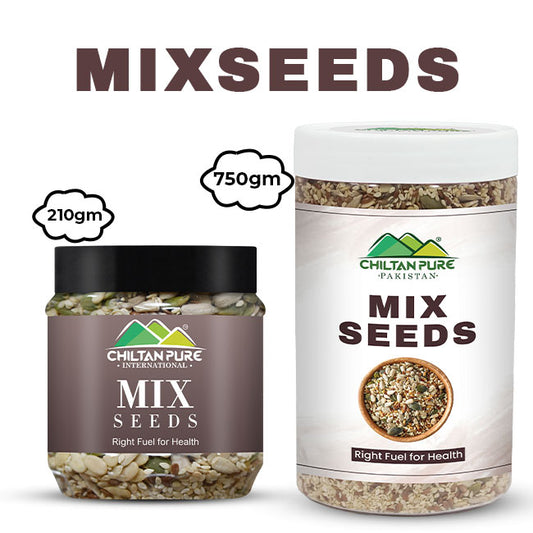

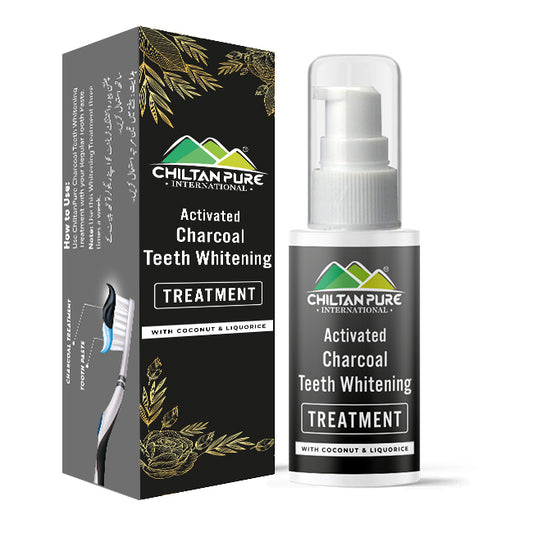

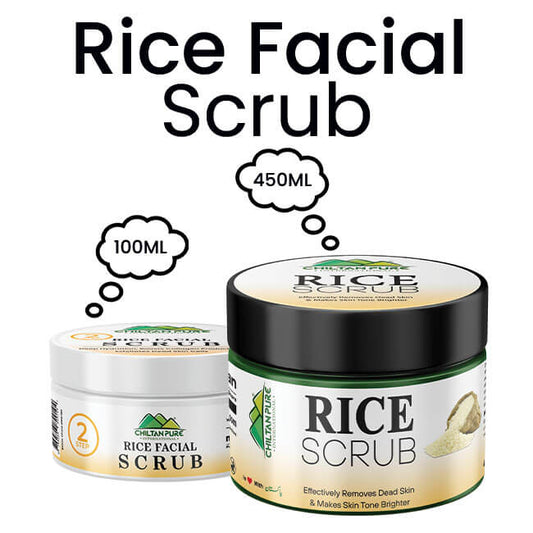
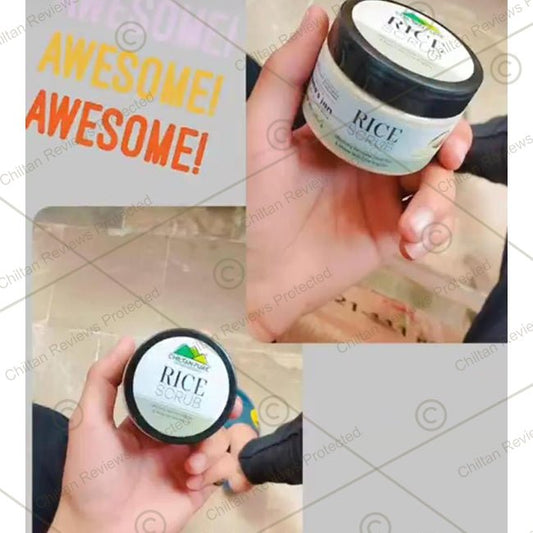
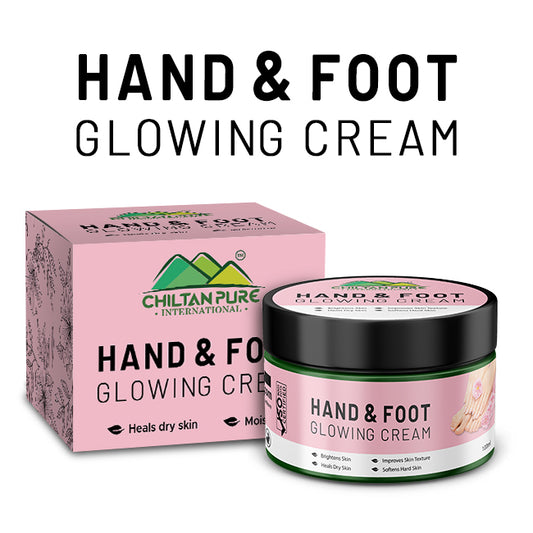

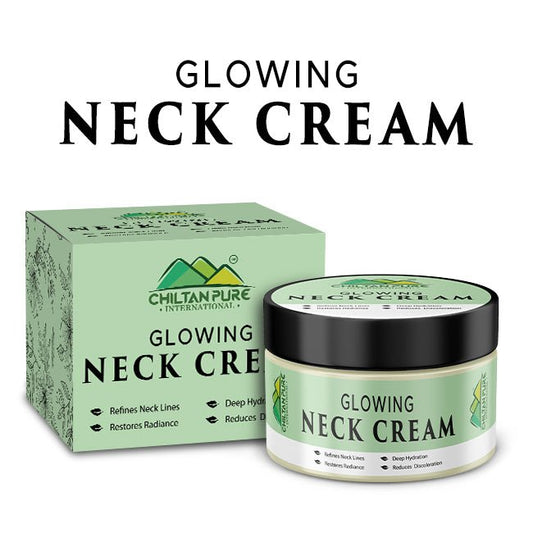
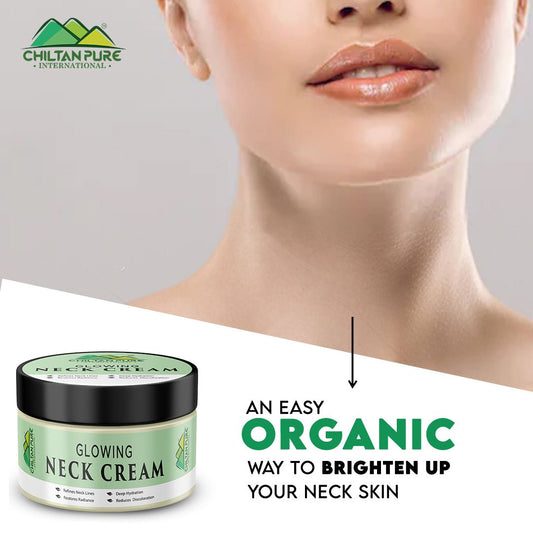
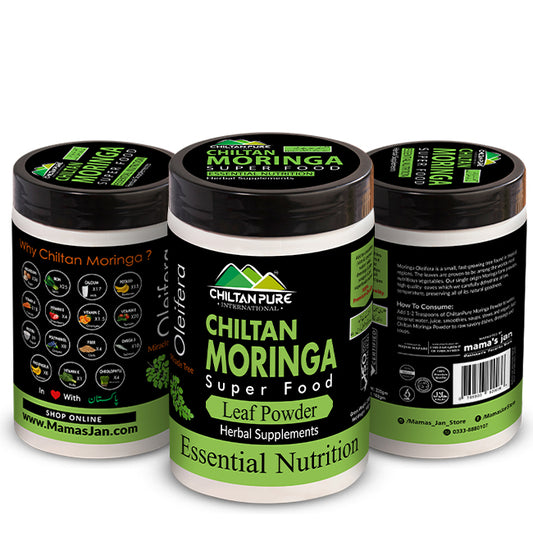
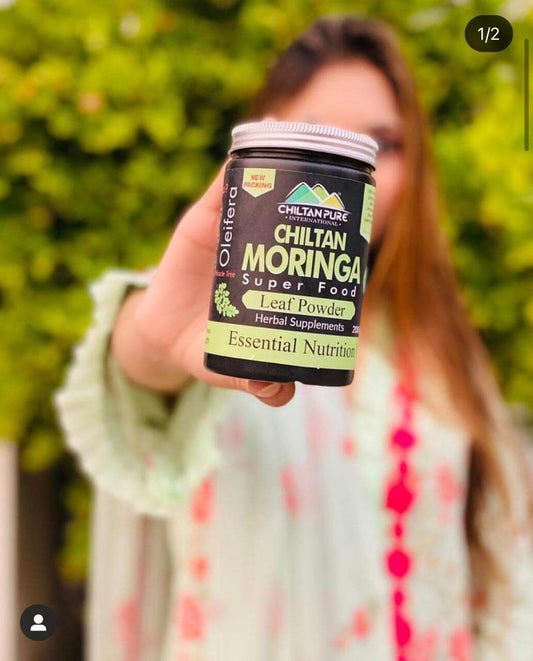
![Chia Seeds – Make Skin Glow, High in Fiber, Protein & Aid in Weight Loss [تخم میکسیکو]](http://mamasjan.com/cdn/shop/files/Chia-seeds-wb_1_533x.jpg?v=1739000274)
![Chia Seeds – Make Skin Glow, High in Fiber, Protein & Aid in Weight Loss [تخم میکسیکو]](http://mamasjan.com/cdn/shop/files/ChiaSeeds1_533x.jpg?v=1739000274)
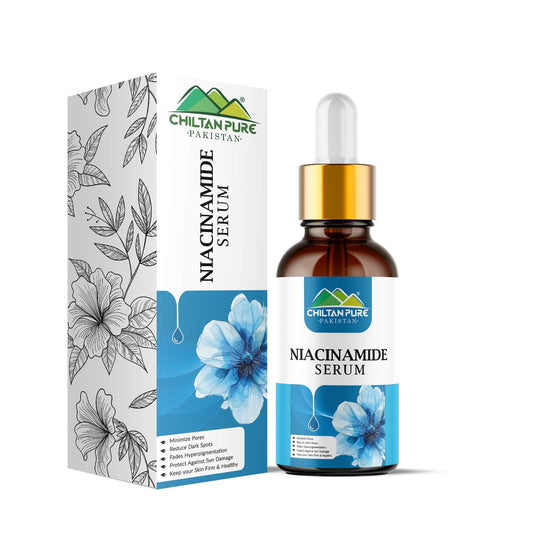

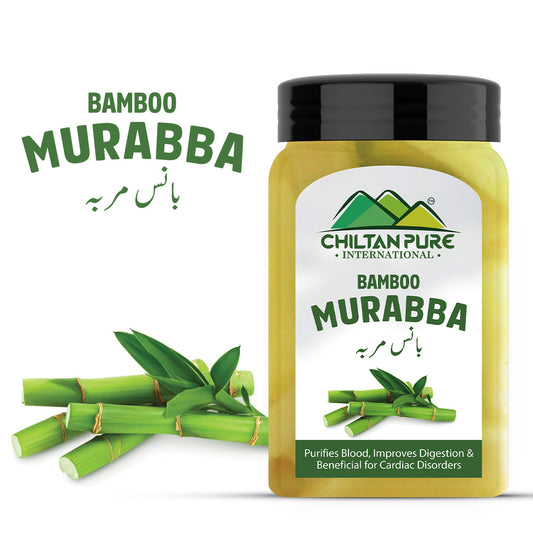

![Red Onion Oil 🧅 Reduces Hair Fall & Accelerates Hair Regrowth [پیاز کا تیل].. Trending.... 🔥](http://mamasjan.com/cdn/shop/files/Onion-Oil_533x.jpg?v=1707234402)
![Red Onion Oil 🧅 Reduces Hair Fall & Accelerates Hair Regrowth [پیاز کا تیل].. Trending.... 🔥](http://mamasjan.com/cdn/shop/files/shampoo-oil-4_3a0058c6-20d2-4f79-8050-19cf717015ac_533x.jpg?v=1708103599)

![Rose Oil - 20ml [گلاب] Rose Oil - 20ml [گلاب]](http://mamasjan.com/cdn/shop/files/Roseessentialoil_medium.jpg?v=1736506447)
![Rose Oil - 20ml [گلاب]](http://mamasjan.com/cdn/shop/files/Roseessentialoil_1200x.jpg?v=1736506447)